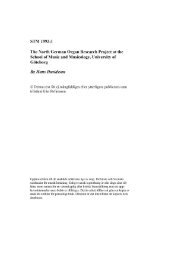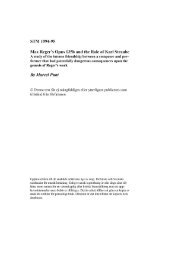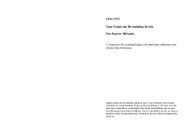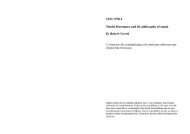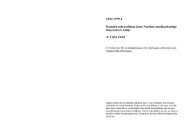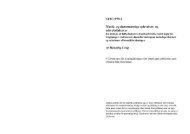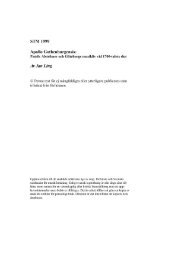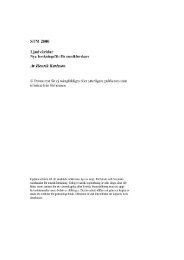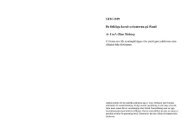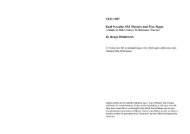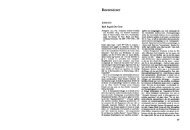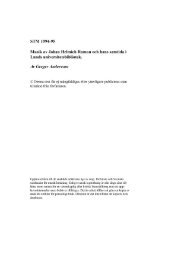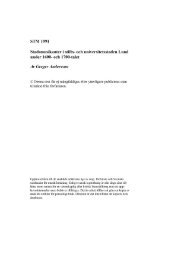Henrik Karlsson - Svenska samfundet för musikforskning
Henrik Karlsson - Svenska samfundet för musikforskning
Henrik Karlsson - Svenska samfundet för musikforskning
Create successful ePaper yourself
Turn your PDF publications into a flip-book with our unique Google optimized e-Paper software.
SUMMARY<br />
52<br />
<strong>Henrik</strong> <strong>Karlsson</strong><br />
“Glorious Ego!” Reflections on Composer Biographies<br />
This article discusses the composer biography as a genre with reference to ten Nordic<br />
composer portraits from between 1973 and 1999, most of them published in the<br />
1990s (Hugo Alfvén, John Fernström, Edvard Grieg, Rued Langgaard, Carl Nielsen,<br />
Allan Pettersson, Ture Rangström, Harald Sæverud, Jean Sibelius and Wilhelm Stenhammar).<br />
By comparison, for example, with authors, composers are described in a<br />
very conventional manner, and where this genre is concerned there has been very<br />
little debate worth mentioning. One exception is an article published in Melos in<br />
1975, by Carl Dahlhaus, whose perspective bears the imprint of the new criticism.<br />
He pronounces composer biographies dead, arguing that life stories and musical analyses<br />
are impossible bedfellows.<br />
The ten biographies resolve the relation between life and works in a variety of<br />
ways. Most often the author maintains a respectful distance at which myths and<br />
anecdotes are more underpinned than unveiled. In particular the outward attributes<br />
of the late Romantic composers (Jean Sibelius, Hugo Alfvén, Ture Rangström,<br />
Harald Sæverud) describe a delicate psychological balance between private and<br />
public. They can be said to represent the romantic Poet, as distinct from the “class<br />
migration” and solidarity with other social classes characterising Allan Pettersson and<br />
John Fernström.<br />
The eye of the needle in this genre is the biographer, who is not always conscious<br />
of the projections and idiosyncrasies which can easily develop in the long-lasting<br />
relationship between author and composer. The authors, however, are generally<br />
reluctant to reveal too much, and they would rather defend than criticise. The trappings<br />
of this genre also include musical analyses which are frequently objective,<br />
impartial and descriptive but very seldom indeed interpretative, explanatory. One<br />
exception here is Jørgen I. Jensen’s biography of Carl Nielsen, in which the composer’s<br />
marital crises are viewed in relation to his composing.<br />
The models of purely musical analysis or pure psychoanalysis which are sometimes<br />
applied too narrow and should be supplemented by other angles of approach,<br />
and above all by greater insight into the conditions and problems of creativity, so<br />
that, in musicology as elsewhere, there can be a development and renewal of biography.



